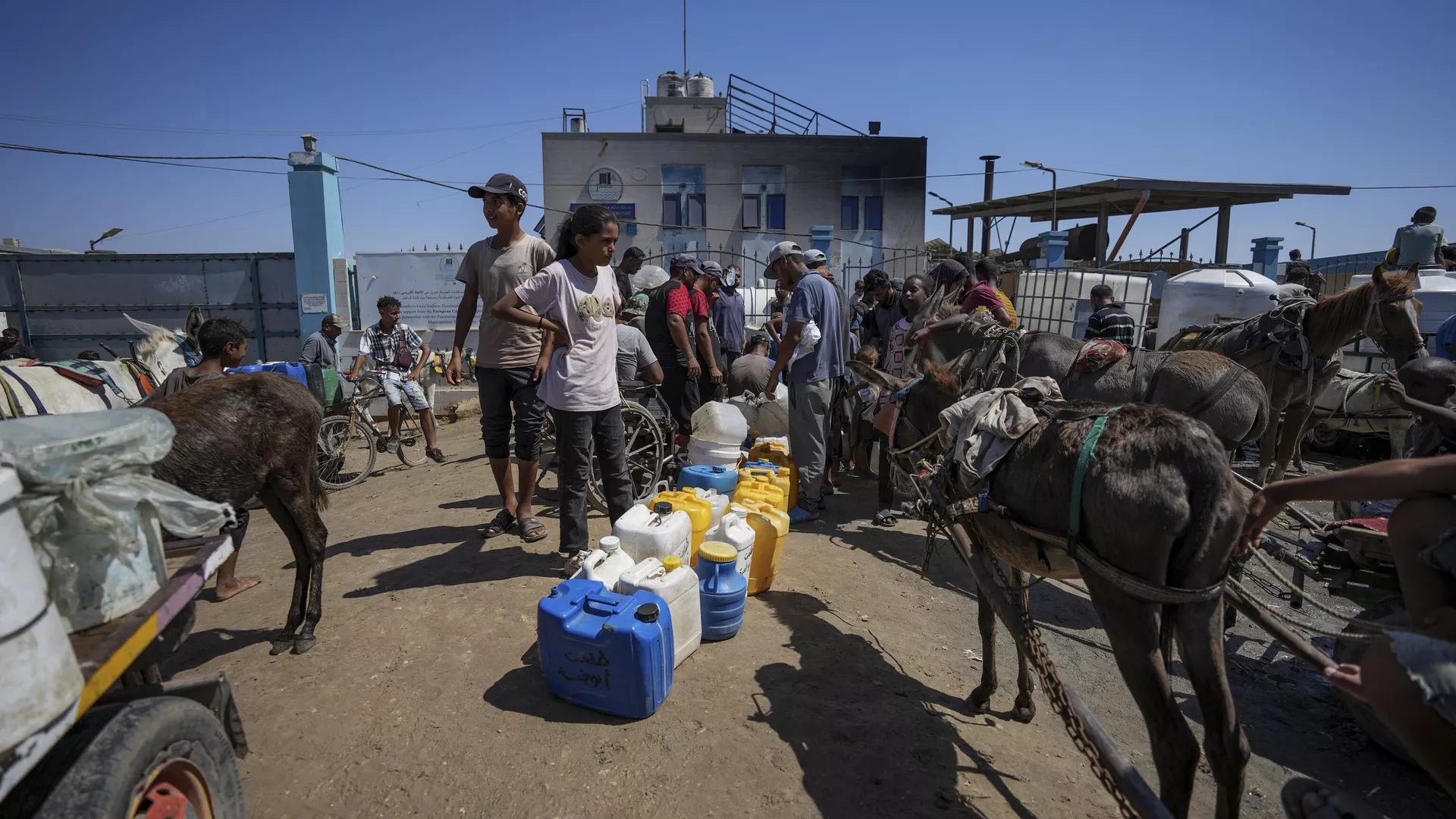
In Gaza, Humanitarian Foundation’s aid points force civilians to face dangerous routes under Israeli shots. Distributed products emerge in local markets with abusive prices, feeding a black market that exposes serious failures on access to assistance and aggravates hunger in the region.
Since May, the Gaza Humanitarian Foundation (GHF) has centralized its help distribution points in the southern territory, forcing civilians to travel long and dangerous distances at risk of Israeli attacks. According to the Financial Times (FT), authorities report more than 500 deaths, including childrenduring these journeys in search of supplies.
Faced with this critical scenario, Gaza merchants have created a parallel market, buying food from Palestinians capable of facing the routes and reselling at very high prices. The local Chamber of Commerce has confirmed the practice, pointing out that products sold by 10 Sheqel (R $ 16.36) – Israeli currency widely used in Palestinian regions, are resold for up to 100 Sheqel (R $ 163.55).
GHF itself acknowledged that it has started using local traders to distribute food in specific communities such as Al-Mawasi. However, reports determined by the FT indicate that Part of this free help has been diverted for salein markets where the foundation products are easily found, such as potatoes sold at prices 15 times above pre-war values.
Distribution occurs in Only four points watched by US security companies and Israeli militaryat restricted and overcrowded times. Food scarcity forces many Palestinians to return to empty hands, while the Israeli army admits that they fired on people in movements considered threatening.
International organizations, such as the UN, strongly criticize the GHF model, which marginalizes other humanitarian entities and fails to appropriately serve a population of 2.1 million inhabitants on the edge of hunger. More than 160 NGOs have asked for the end of the program, which forces civilians to choose between gunfire or hunger.
Despite GHF to affirm that All help is free and resale is not allowedtraders, economic authorities and UN members confirm that there are implicit agreements allowing partial sale as a form of compensation for voluntary distribution.
Cases such as the head of the Gaza Transport Association, which refused proposal to negotiate GHF food trucks, show attempts to officialize the sale of help. Even traders interested in purchasing lots directly face scarcity, suggesting an established informal and difficult to contain.
Many residents who avoid GHF points for fear, if they are required to buy basic humanitarian products such as flour in local markets for inflated valuesmaking access to help a costly and unfair transaction in the midst of conflict.
Source: sputnik
Source: https://www.ocafezinho.com/2025/07/12/midia-mercado-negro-de-ajuda-em-gaza-expoe-risco-mortal-e-falhas-na-distribuicao-de-ajuda/

